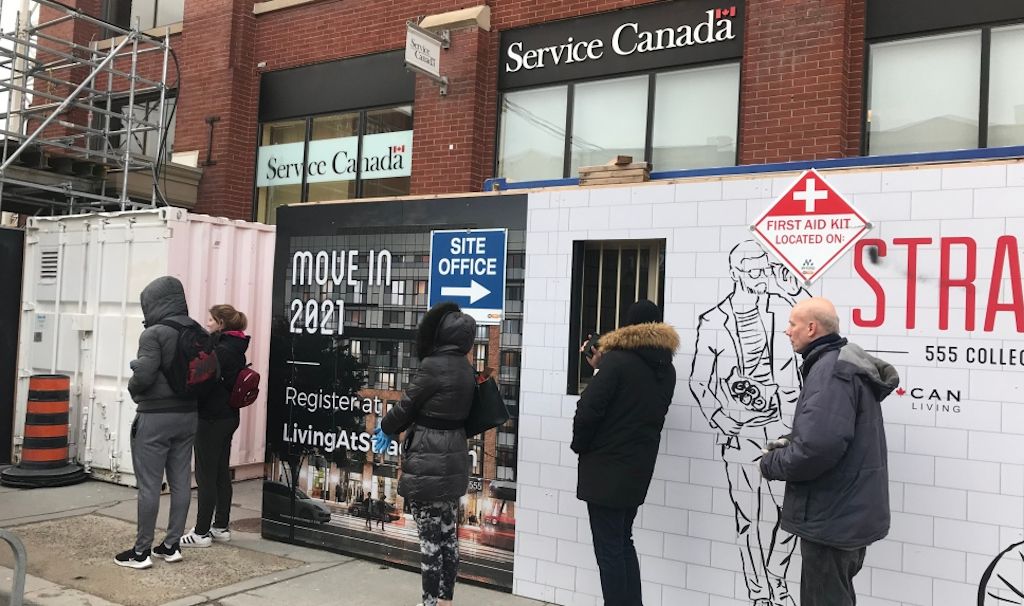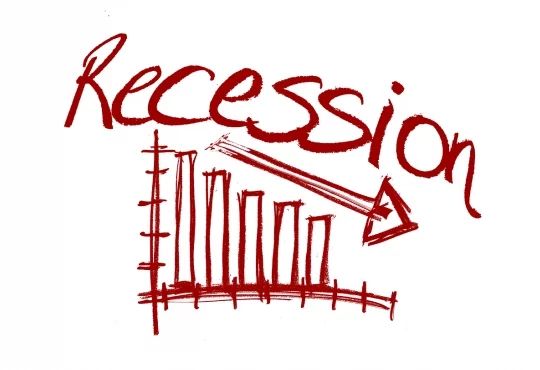Amazon’s warehouse in Brampton, on the edge of Toronto, was ordered to close by Peel Public Health starting on March 13. All the workers have to isolate for two weeks.
The warehouse, employing over 5,000 workers, has had COVID circulating since at least October 2020, totalling over 600 cases. Brampton transit had suspended the three bus routes near the plant as nine drivers on the routes had tested positive for COVID. Public Health finally acted because the number of cases were rising with 240 cases in recent weeks. Ontario’s Ministry of Labour had inspected the plant 12 previous times and had issued instructions, but never ordered the plant closed. Now it is investigating the Amazon warehouse for potential labour violations.
Gagandeep Kaur, with the workers’ rights group Warehouse Workers Centre that has close ties with the workers, explained that conditions had been getting worse at the Amazon warehouse for months and the workers “were kind of surprised” that it taken so long for public health to close the plant. Physical distancing was impossible, given the working conditions.
Amazon, true to form of putting profits before safety, opposed the closure and have announced they will appeal against the closure requirement. They claim in a statement that “nothing’s more important than the health and safety of our employees.” In a manner that has been so common during COVID, big employers say one thing and do the opposite.
Brampton had a high level of COVID cases over the autumn, and half its population is South Asian. This gave rise to various racist attacks blaming the people for COVID cases. Premier Doug Ford made a dog whistle remark that “I understand that a lot of cultures have massive weddings, bringing people from all over the world. You just can’t do it.”
The reality is that Brampton, with a large rail freight depot and near Toronto’s international airport and several major highways, is a large warehouse and distribution centre. Over 40,000 work in transportation and warehousing in the city. Many health care workers also live in Brampton. These workers cannot work from home and often cannot physically distance at their workplaces – such as Amazon’s warehouse. Brampton is a centre of low-income, essential workers who keep the wheels turning and yet get blamed for COVID.
Ford blames workers yet refuses to provide vital sick pay so that essential workers don’t have to go to work when ill. He claimed, “it’s totally irresponsible for any government to do that.” This is despite public health officers, city mayors, unions, and some business leaders calling for sick pay as the most effective way to stop the spread of COVID, keep people healthy and businesses open. In dispute with teachers earlier during COVID, Ford stated: “I’ll listen to the docs and science all day long as opposed to some head of the teachers’ union.” Now he ignores the “docs and science” for his own political reasons.
Many small businesses, when there is one case in their workplace, voluntarily close for a week as a precaution. Amazon, even with hundreds of cases, wants to stay open. Maybe small business owners go into the workplace and value their staff, while Amazon CEO Jeff Bezos never goes near a warehouse and certainly does not value Amazon’s workforce, except for the vast sums of money he extracts from their labour.
Amazon’s attitude to COVID is another good reason for Brampton Amazon workers to have their own BAmazon campaign, like their sisters and brothers in Bessemer Alabama who are organizing to join a union.




